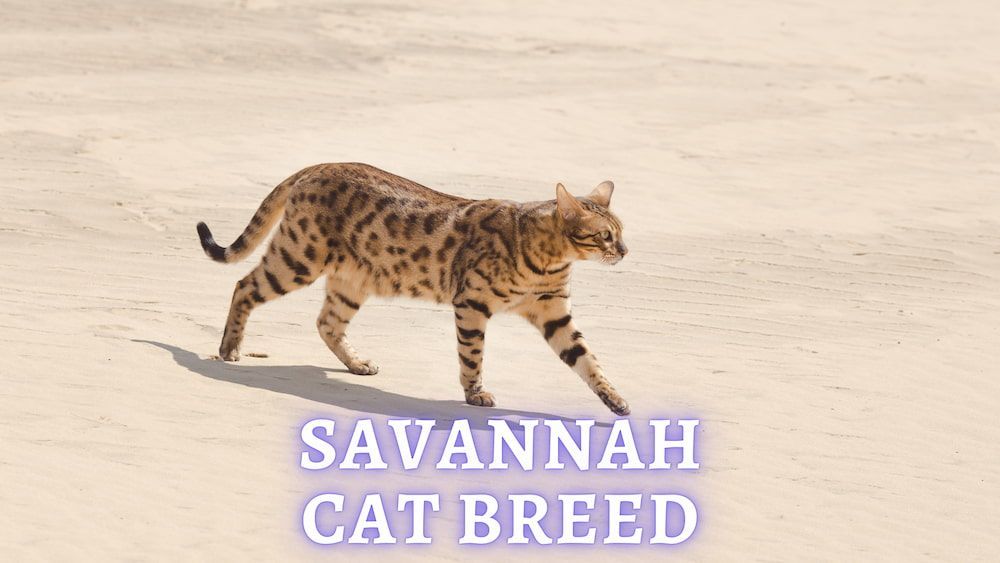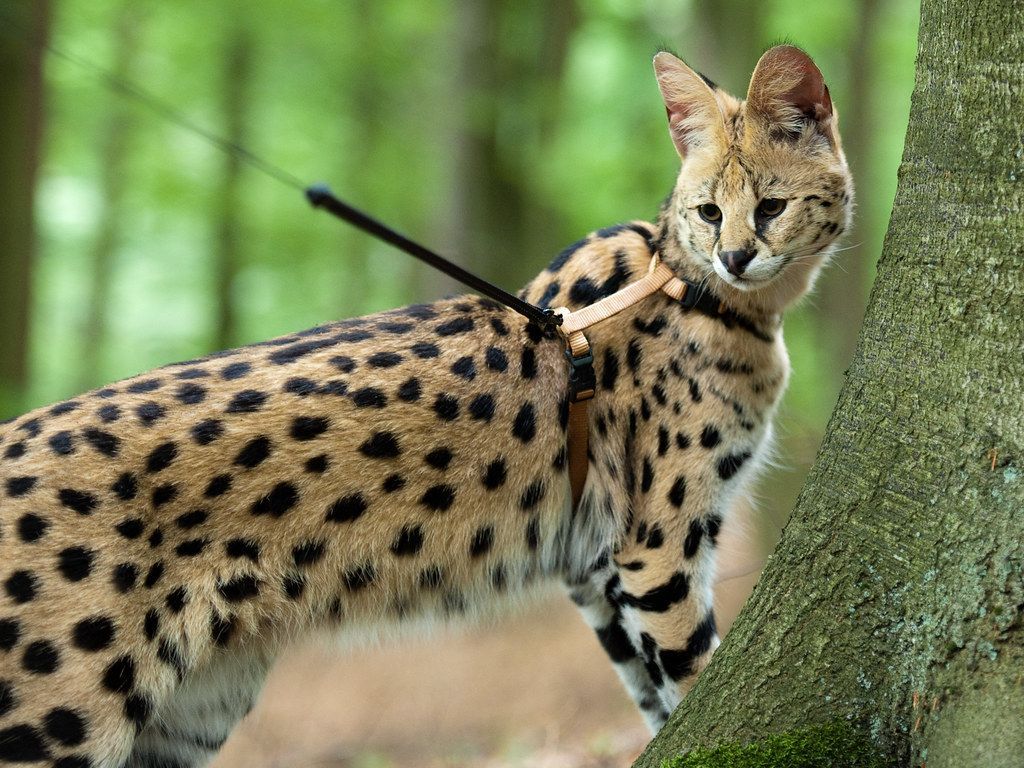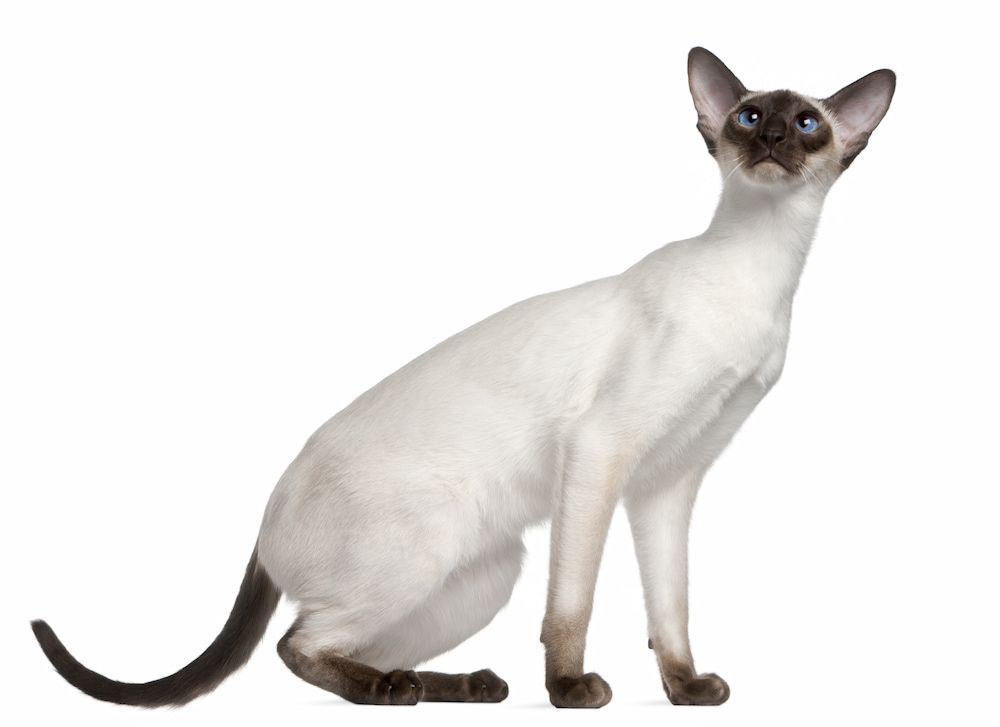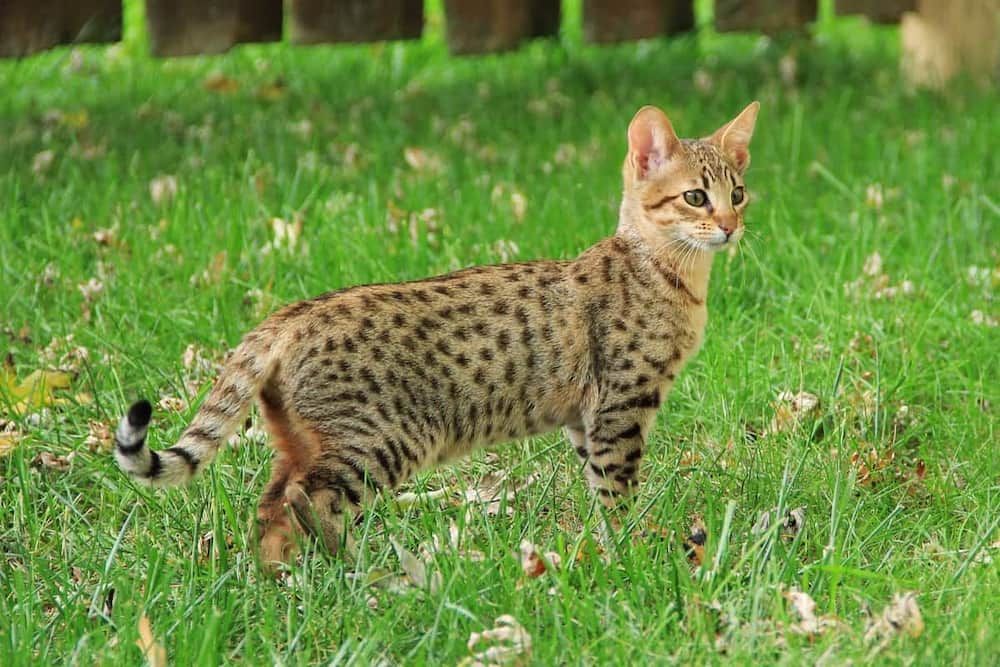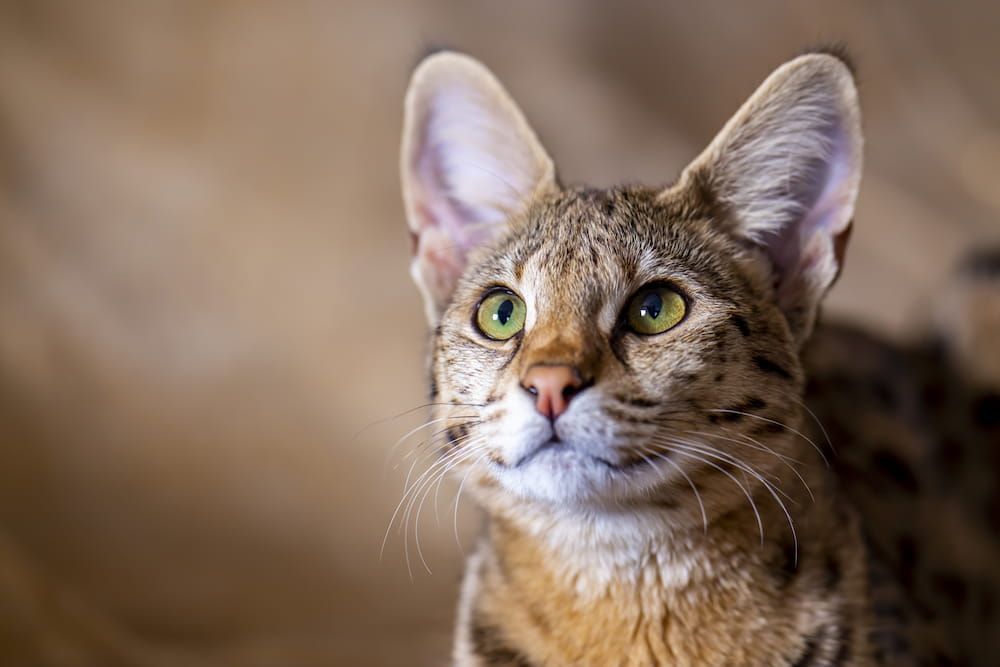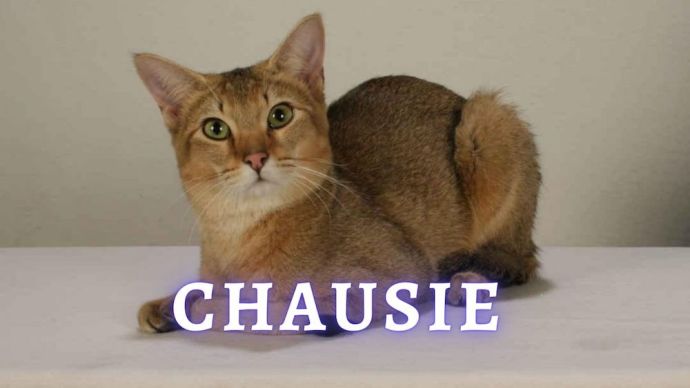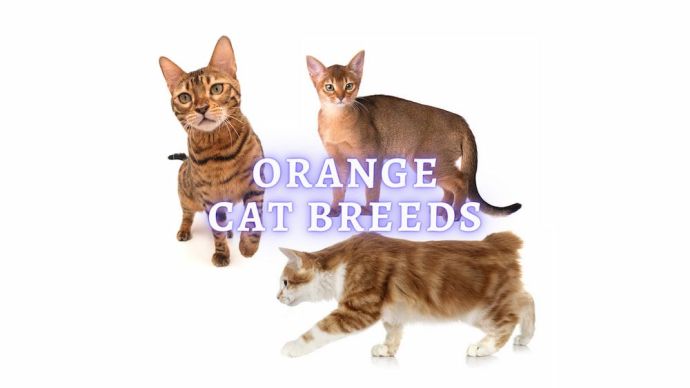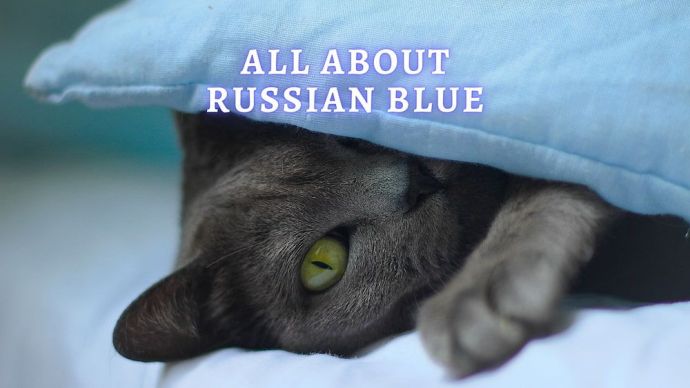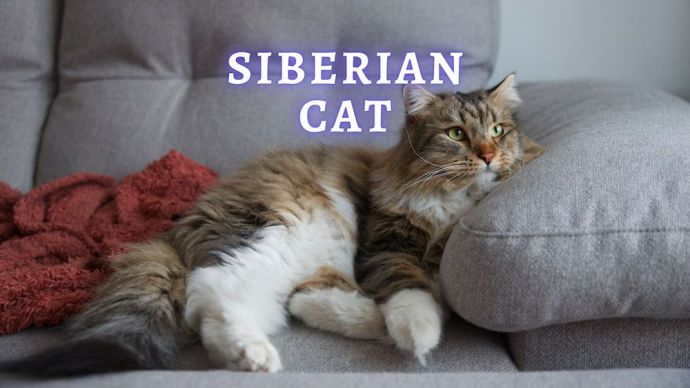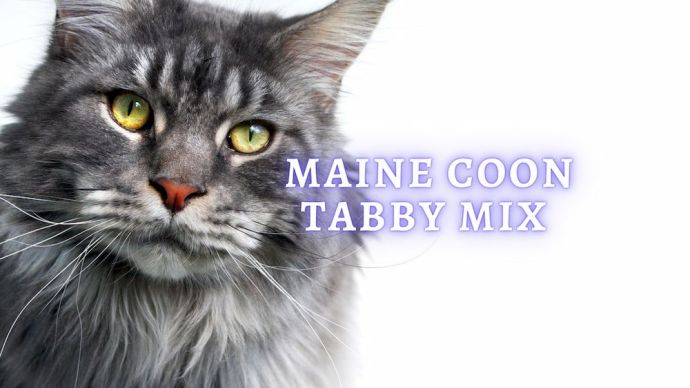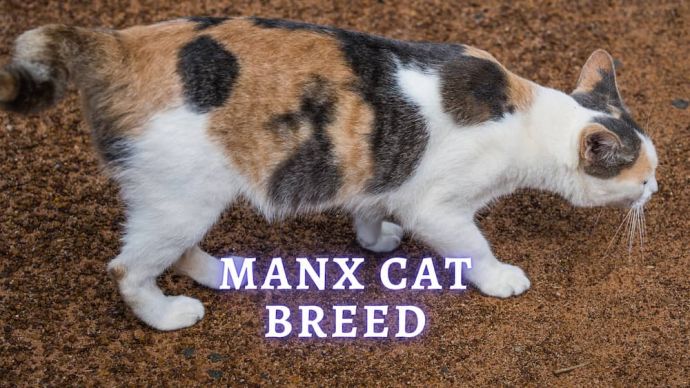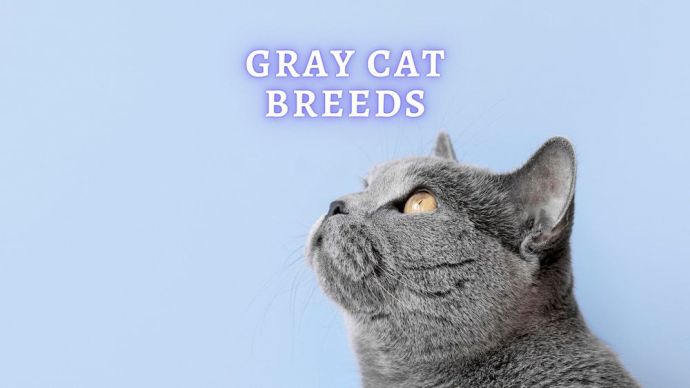Savannah Cat: Size, Breed History, Care and Cost
Written by:
Author: Carol Young
Carol has worked in specialty, emergency, mixed animal and general veterinary practices, and enjoys all aspects of veterinary medicine. Her special areas of interest include anesthesia, critical care, emergency, dentistry, internal medicine and small animal nutrition.
View all 62 articlesLearn about our editorial process and veterinary review board.
Viewed: 106
Updated on: 11/01/2022
The Savannah cat breed is an exotic and relatively new feline breed known for its characteristic leopard-like spotted hair coat, intelligence, curiosity, and outgoing personality. The Savannah is larger than most domestic breeds and is famous for its athleticism, playfulness, and ability to get along well with other pets and dogs. Suppose you are curious about the Savannah cat and are thinking of adding one of these exotic creatures to your household. In that case, this article will discuss some characteristics and fun facts about this wonderful breed.
Characteristics
| Height | 14-17 inches |
| Weight | 12 to 25 pounds |
| Eye Color | All eye colors have been observed |
| Colors & Patterns | Black, brown spotted tabby, black silver spotted tabby, black smoke |
| Life Expectancy | 12 to 20 years |
A short hair coat characterizes the Savannah with leopard-like black or brown spots that can be either round, oval or elongated. Parallel stripes typically appear over the back, and the spotting pattern follows the line of the stripes from the shoulders down the length of the body. Smaller spots can cover the face, legs, and feet.
When looking at the Savannah cat, you may be reminded of a miniature Cheetah cat with big, erect ears. Its spots and sleek hair coat are what make this breed look slightly wild and exotic.
The dominant hair coat color can come in shades of black, brown, tabby, silver, or gray. Black Savannahs are solid black but may have dilute spots that are visible beneath the black coat color. These cats are known for their long, slim necks, triangular-shaped heads, and wide, erect ears that sit on top of their heads.
The Savannah also has long legs, making this breed look taller than most cat varieties. As a result, its long legs allow the Savannah to make great leaps from any object in your home and allow him to climb just about anything, ranging from bookcases to the tops of refrigerators.
RELATED: Cat Breeds That Looks Like Leopard
Breed History
The Savannah cat is a newcomer on the cat breed scene and was first introduced in the late 20th century. Savannahs are not considered a pure breed but are a cross between a domestic Siamese cat and a Serval cat. The Serval is a wild cat native to Africa, most commonly found in the sub-Saharan regions of the continent.
In 1986, a Siamese was bred to a Serval and gave birth to the first Savannah kittens. This first-generation cross was officially dubbed the “Savannah,” and when an American breeder by the name of Patrick Kelly heard about the queen, he decided to create a new breed of domestic cat. Kelly recruited a fellow breeder named Joyce Sroufe and began a breeding program for the Savannah.
Since then, the Savannah started to grow in popularity, with more and more breeders getting involved in developing certain lines and colors. In 2012, The International Cat Association (TICA) officially recognized the breed.
READ MORE: Mixed Siamese Cats
Interesting Facts
Here are some interesting attributes about the Savannah cat.
- The back legs are a bit longer than her front legs, making them ideal jumpers, leapers, and climbers.
- The Savannah’s short hair coat lends for easy grooming.
- They are banned in certain states, such as Georgia, Hawaii, and Massachusetts because they are hybrids.
- The Savannah bonds strongly with family members and enjoys spending time with and playing with adults and children alike.
- Most Savannah cats fully mature until three years old.
- The Savannah is an active, confident cat who is intelligent and curious.
- Savannah cats are not cheap. If you are looking to purchase a first-generation Savannah (where one parent is a serval and the other Siamese), you can expect to pay up to $20,000. The price tag for subsequent generations is much lower at up to $1000 per kitten.
Appearance
The Savannah cat is lean and tall, and its striking spotted coat makes for a gorgeous and stunning animal. In a sense, they look like miniature cheetahs. On average, the Savannah stands about 17 inches tall and is known as the world’s tallest domestic cat by the Guinness Book of World Records. The height and weight of each cat depend on how many generations removed the cat from his wild serval ancestor.
Male Savannahs can weigh as much as 25 pounds, while females can be as light as 12 pounds. As mentioned above, Savannah cats look like wild cats, or small cheetahs and no matter the hair coat color, they are always dotted with black or dark brown speckles. Perhaps their most striking appearance is their long legs, long slender tail, and sleek frame.
Temperament and personality
Given their “wild” roots, Savannah Cats have strong prey and hunting instincts, so they may not be the best choice for households that have smaller pets like fish, birds, hamsters, or gerbils. However, just like domestic cats, these cats have gentle temperaments and can be great friends with other cats, dogs, family members, and children. With proper socialization as youngsters, these exotic cats can make wonderful pets.
When it comes to personality, the Savannah has a bunch, and although this breed may not be the best for the average cat fancier, it can bring hours of fun and entertainment for those owners who are up for an active playmate. The Savannah is also very intelligent, active, and curious, which some owners may need patience.
This breed requires a lot of stimulation, interaction, exercise, and playtime. If you are gone for long periods, you may want to invest in some cat toys or puzzles to keep him occupied. However, be prepared for a hearty welcome and an invitation to play when you walk back through the door.
Finally, many Savannah cats like to share the bed at night and snuggle in under the covers to get comfy. Other cats may choose to sleep on your pillow, spoon against your back or stomach, and even bring a toy or two to bed.
Activity
The Savannah is a very active breed and loves to climb, so it’s important to offer him plenty of opportunities to romp around on vertical spaces such as cat trees, window perches, or cat-walks. Besides being very athletic and active, Savannahs are also very intelligent and can respond to training. They also need a lot of mental stimulation, such as active playtime, games, or puzzles. Anything to challenge their physical capabilities and their brain can be a challenge, so try teaching them some tricks or providing interactive toys or puzzles that will reward them with a treat when they learn how to manipulate them.
Health
As with any feline breed, it’s important to visit your veterinarian for regular checkups and make sure that you are providing a proper diet and plenty of clean, fresh water for your Savannah. Keeping up to date on vaccines and flea/tick prevention (if needed) is vital to protect your feline friend from viruses, infections, and parasites.
All in all, Savannahs are a generally healthy breed, but if you do purchase a kitten from a breeder, make sure the breeder is reputable and the sire and dam are healthy and possess no health issues. If you have any questions about your cat’s nutrition, physical health, or how to care for your Savannah, consult your veterinarian.
As always, the Savannah needs access to a clean and tidy litterbox, as well as a safe place to rest out of the way of traffic or disturbance from other pets or household members. Most cats prefer a private space when it comes to potty time, so make sure your Savannah has a private area for using the litterbox.
Basic care is a must, such as regular brushing and grooming, trimming the nails, and regularly checking the ears and mouth. Check the ears each week for redness, odd smells, or discharge. If the ears look dirty, wipe them out with a cotton ball dampened with a gentle ear cleanser recommended by your veterinarian. You can also get your Savannah used to have his teeth brushed with a vet-approved pet toothpaste. Practicing good dental hygiene is essential for the health and wellbeing of your cat.
Feeding and Nutrition
As mentioned above, proper nutrition is vital for any cat. Cats are true carnivores and need amino acids in animal protein to survive. They also need several different nutrients such as fatty acids and carbohydrates, vitamins, minerals, and clean, fresh water. The unique nutritional requirements for the Savannah depend on his size and life stage, and understanding how cats use the various nutrients in food and how much of them they need can help you choose a healthy diet for your pet.
All commercial cat foods contain the required nutrients and minerals for any feline, whether the food is dry kibble or wet food. If you feed a raw or home-cooked diet, consult with your veterinarian first to ensure that your cat is getting the proper nutrition her needs.
Adoption and Rescue
If you want to adopt a Savannah or rescue a surrendered or unwanted pet rather than go to a breeder, look for some rescue groups in your area or contact your local shelters. The internet is a great resource for this, as well as social media. But be careful when researching these groups and try to get some references to make sure that those adoption agencies or rescues are legitimate.
Breeders and Price
If you are looking to purchase a kitten from a breeder, make sure that you do your research and find a reputable breeder. A good breeder will never sell to a pet store and always provides the buyer with health information about the parents. Try to choose a breeder who has followed proper health checks on the parents and kittens, and has screened out any potential genetic health problems. Also, ensure that the kittens have been properly socialized with humans and other pets so they are not fearful or skittish.
Most reputable breeders have websites, but be careful when doing your research. Make sure that the breeder is part of an association, such as the Savannah Cat Association, or the International Cat Association. Look for warning signs such as kittens being always available, multiple litters on the premises, or having the choice of any kitten, as well as paying online with a credit card.
If possible, visit the breeder on-site and check out the facility for unhealthy conditions or sick animals. Choose a kitten from a breeder who raises litters in the home and handles them from an early age, and meet at least one or both of the parents to evaluate their temperaments. Or, visit a cat show and chat with Savannah breeders at the show. Most importantly, consult your veterinarian, who may be able to refer you to a reputable breeder, rescue organization, or other reliable sources for a healthy kitten.
Also, if you are set on purchasing a Savannah kitten, know that you may have to wait a while for a healthy kitten. Depending on what you are looking for, you may have to wait six months to a year for the kitten who is right for you, and know that most breeders won’t release kittens to new homes until they are between 12 and 16 weeks of age.
Finally, before purchasing a kitten, make sure that the Savannah cat is the cat for you. Kittens are fun energetic and entertaining, but they can be a lot of work and may destroy a bit of furniture before they reach maturity. If you adopt or purchase an adult, you’ll know more about the cat’s personality and health.
Conclusions
The exotic, athletic, intelligent, and slender Savannah can be a wonderful addition to any home, but make sure that you do proper research before deciding to add one to your family. This is where talking to your veterinarian, visiting cat shows, or looking up the websites of Savannah cat associations and breeders can help. For more information on the history and traits of the breed or to find reputable breeders, visit the websites of The International Cat Association, The Savannah Cat Club, or the Fanciers Breeder Referral List.
People also ask
How much do Savannah cats cost?
The cost will vary depending on whether or not you purchase a first-generation Savannah (a cat with one parent who is a serval). Most first-generation cats can cost up to $20,000, whereas second, third, or fourth-generation cats may cost a fraction of that. When considering the cost, it is best to decide your budget and the generation and variety you are looking for.
Can Savannah cats be house cats?
The Savannah cat can be a wonderful house cat with proper husbandry, stimulation, socialization, and care. However, make sure that you do your research and are positive that the Savannah cat is your feline friend for you. They are larger than most cats, are very active, and require proper stimulation, socialization, and access to vertical places such as cat trees or window perches. Also, be aware that given their active nature and larger size, they may not be suitable for very small apartments.
Are Savannah cats high maintenance?
This depends upon how you define “high maintenance.” If you are looking for more of a couch potato, then the Savannah may not be the best choice for you, especially if a kitten. This breed does demand a fair amount of attention and affection, as well as mental stimulation and physical activity. For example, you will need to provide your Savannah with plenty of attention, intellectual stimulation, and access to vertical play areas. If these are something that you can provide, then the Savannah may be just the right breed for you.
Are Savannah cats legal to own?
Savannah cats are legal to own, but not in all states or cities in the US. For example, the breed is not allowed in New York City, Nebraska, Hawaii, or Rhode Island but is legal in California, Arkansas, and Connecticut. Other states, such as Texas, have certain restrictions and require permits to own a Savannah. Some states also only allow second or third generations and only f1 Savannah cats (an f1 Savannah cat is one that is 75% serval). If you want to add a Savannah to your household, make sure one is legal in your state or city.
Is a Savannah cat a good pet?
Savannah cats can be wonderful pets for anyone and any family, provided you do some research beforehand. For example, the Savannah may not be appropriate given its strong predatory nature if you have small pets such as guinea pigs or hamsters. However, if you have the proper environment that can provide plenty of exercises, vertical space, affection, and mental stimulation, then the Savannah can be a great pet.
 Cat Care Why Does My Cat Attack My Legs? 10 Reasons Why and What To Do About It (Vet-Approved Advice)
Cat Care Why Does My Cat Attack My Legs? 10 Reasons Why and What To Do About It (Vet-Approved Advice) - 45082
- 21
 Cat Veterinary Tips Cat Stomach Gurgling: Vet Advice on Why is Your Cat Stomach Gurgling?
Cat Veterinary Tips Cat Stomach Gurgling: Vet Advice on Why is Your Cat Stomach Gurgling? - 33731
- 4
 Cat Veterinary Tips My Cat Lost its Voice: Can Cats get Laryngitis? (Vet Advice)
Cat Veterinary Tips My Cat Lost its Voice: Can Cats get Laryngitis? (Vet Advice) - 22890
- 13









